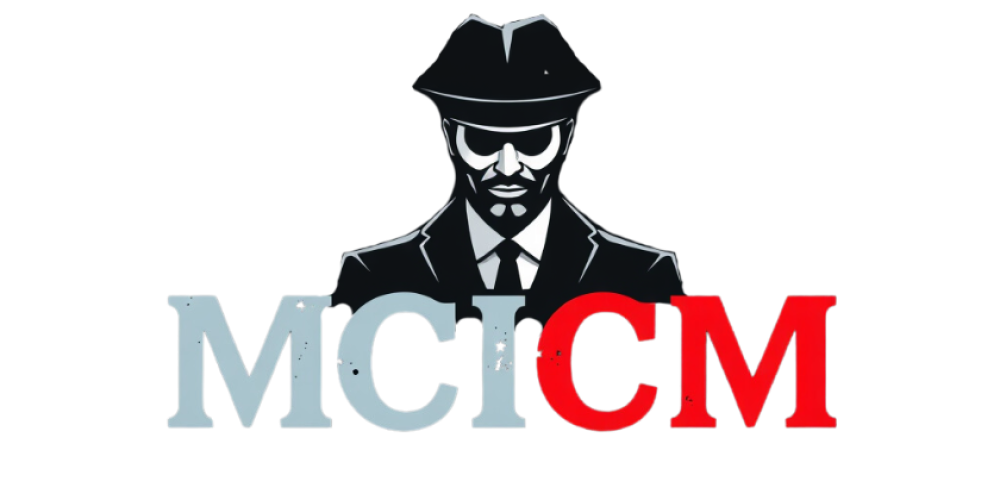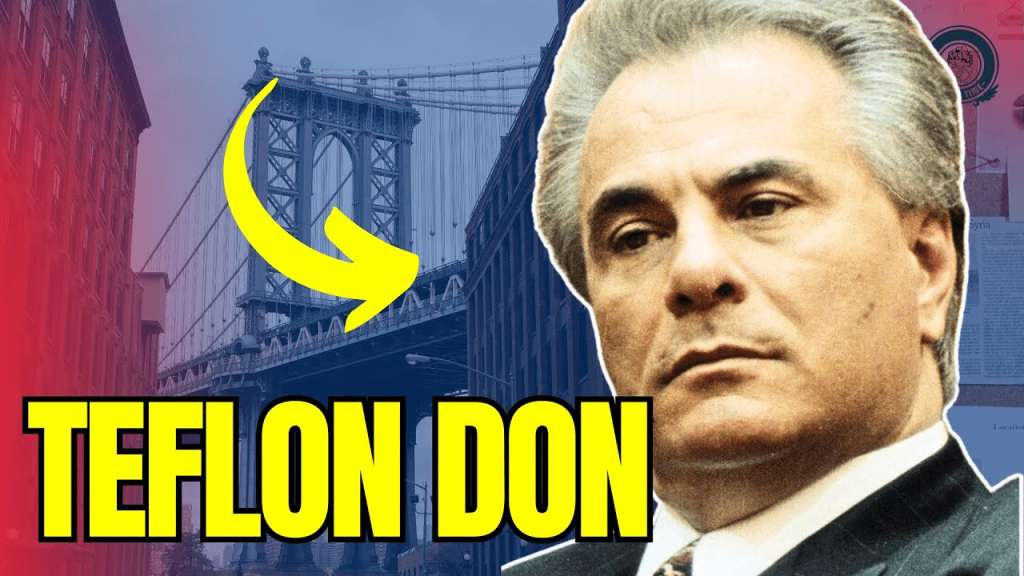John Gotti, the influential boss of the Gambino crime family, remains one of the most captivating figures in true crime history. His audacious rise to power, public persona, and eventual downfall are the stuff of legend, making him a figure of both fascination and notoriety. Dubbed the “Teflon Don” for his repeated ability to evade conviction, Gotti was larger than life, exuding confidence both in the courtroom and on the streets of New York. Unlike other crime leaders who operated from the shadows, he openly flaunted his wealth and influence, embracing media attention with an unprecedented level of boldness. However, his reign was not without consequence. From orchestrating a dramatic power shift within his organization to maintaining a flashy, high-profile lifestyle under intense law enforcement scrutiny, Gotti’s empire eventually crumbled. His story is not just one of power and influence but also of betrayal and the inevitable collapse of even the most formidable syndicates.
One of the most defining aspects of Gotti’s leadership was his ability to manipulate the legal system, earning him the famous nickname, the “Teflon Don.” Throughout the 1980s, law enforcement relentlessly pursued him, yet he repeatedly managed to escape convictions due to unwavering loyalty within his organization and strategic maneuvering. His acquittals only fueled his growing mystique, making him a pop culture phenomenon. Gotti didn’t just evade the law—he turned his trials into public spectacles, striding into court dressed in designer suits and exuding an air of invincibility. The public’s fascination with his defiance of the government only strengthened his hold on his organization, allowing him to expand his influence while federal prosecutors scrambled to find a way to bring him down. But as his notoriety grew, so did the determination of law enforcement to dismantle the empire he had so carefully built.
Gotti’s rise to power was marked by one of the most dramatic moments in crime history—the removal of Paul Castellano. On December 16, 1985, in a high-profile act outside Sparks Steakhouse in Manhattan, Castellano was eliminated in a move that shocked even seasoned figures in organized crime. The incident, orchestrated by Gotti, was a clear declaration of his intent to seize control of the Gambino crime family. Traditionally, such overt power shifts were frowned upon within the Mafia, which preferred more discreet transitions, making Gotti’s move particularly bold. His willingness to break these unwritten rules signaled a shift in how the Mafia operated, bringing more attention from both the media and law enforcement. Once at the helm, Gotti ruled with an iron fist, using strategy, intimidation, and elaborate financial schemes to strengthen his grip on the underworld. His leadership style, however, also made him a prime target for federal agencies determined to bring an end to his unchecked reign.
Despite his outward confidence, Gotti’s downfall was ultimately sealed by betrayal from within his own ranks. His trusted underboss, Sammy “The Bull” Gravano, turned state’s witness in 1991, offering damning testimony that laid bare the inner workings of the Gambino family. Gravano’s decision to cooperate with authorities was unprecedented, marking one of the most significant breaches of the Mafia’s sacred code of silence. His detailed accounts of Gotti’s involvement in various illicit activities provided prosecutors with the evidence they needed to finally convict the “Teflon Don.” In 1992, Gotti was sentenced to life in prison without the possibility of parole, ending his reign in spectacular fashion. The once-untouchable crime boss now found himself behind bars, stripped of his power and influence. His conviction was a landmark victory for federal law enforcement, signaling a turning point in the fight against organized crime.
John Gotti’s final years were spent in solitary confinement at the United States Penitentiary in Marion, Illinois, a stark contrast to the extravagant lifestyle he had once flaunted. Isolated from his former empire, he battled throat cancer, a fight he ultimately lost in 2002. Despite his fall from power, his legacy continues to loom large in both crime history and pop culture, immortalized in countless books, films, and documentaries. His story serves as both a cautionary tale and a testament to the relentless efforts of law enforcement to dismantle organized crime. While Gotti may have reveled in his moment as the “Dapper Don,” the reality of his life—marked by power struggles, betrayal, and inevitable downfall—proves that even the most influential figures cannot escape justice forever.
source

